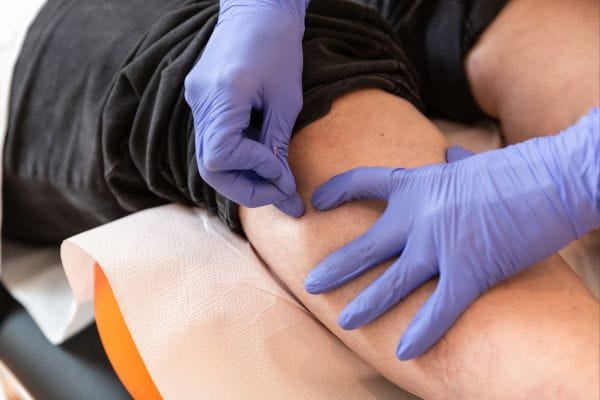Ascension Medical Group St. Vincent - Carmel Infectious Disease Care
Ascension Medical Group St. Vincent - Carmel Infectious Disease Care program provides care for fungal, bacterial, and viral infections.
Advanced care for infections and diseases
At Ascension Medical Group St. Vincent - Indianapolis Infectious Disease Care in Carmel, Indiana, our team of specialists deliver care to children and adults with an infectious disease. Board-certified doctors lead our hospital’s infectious disease control programs. We diagnose and treat highly contagious viruses and bacterial infections, including infections that are difficult to diagnose.
We also offer a wide range of treatment plans and specialty drug infusion services for conditions such as:
- HIV/AIDS
- Hepatitis C
- Latent Tuberculosis (TB)
- IVIG/Immune deficiency
- Clostridium difficile (C-Diff)
- Osteomyelitis
- Cellulitis
- MRSA
- Blood stream infections
- Device related infections
Ascension Medical Group St. Vincent - Indianapolis Infectious Disease Care provides comprehensive travel medicine guidance and preventive treatment. We also help manage public health outbreaks and collaborate with state and local public health officials to analyze environmental and occupational disease spread.
Preventing infectious diseases
Our care team shares family-centered education to help you prevent the spread of infectious illnesses. Tips include:
- Wash your hands often with soap and warm water for at least 20 seconds
- Wear a mask if needed to prevent the spread of airborne germs
- Avoid touching your eyes, noses or mouth with your hands
- Make sure your vaccinations are up-to-date
- Prepare your food safely
- Don’t drink after others




